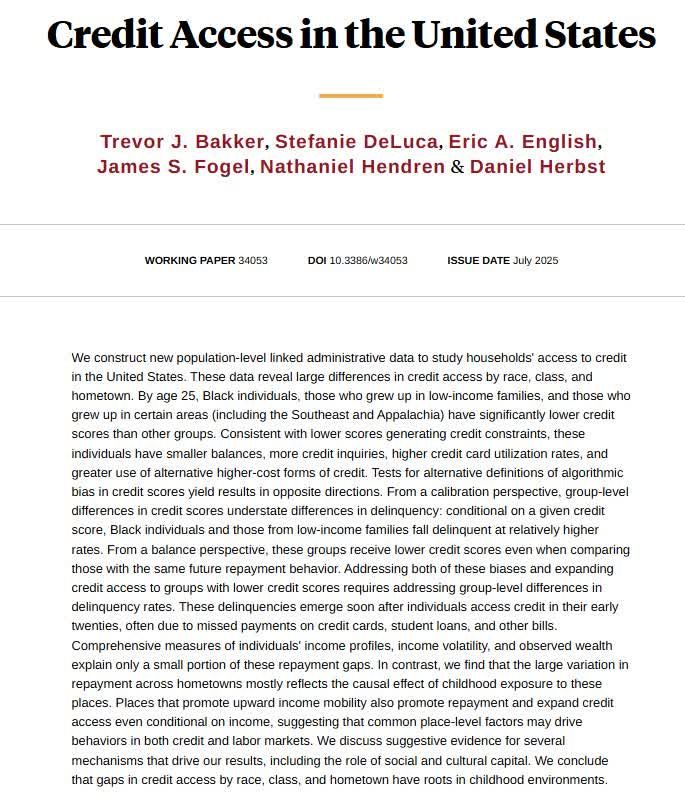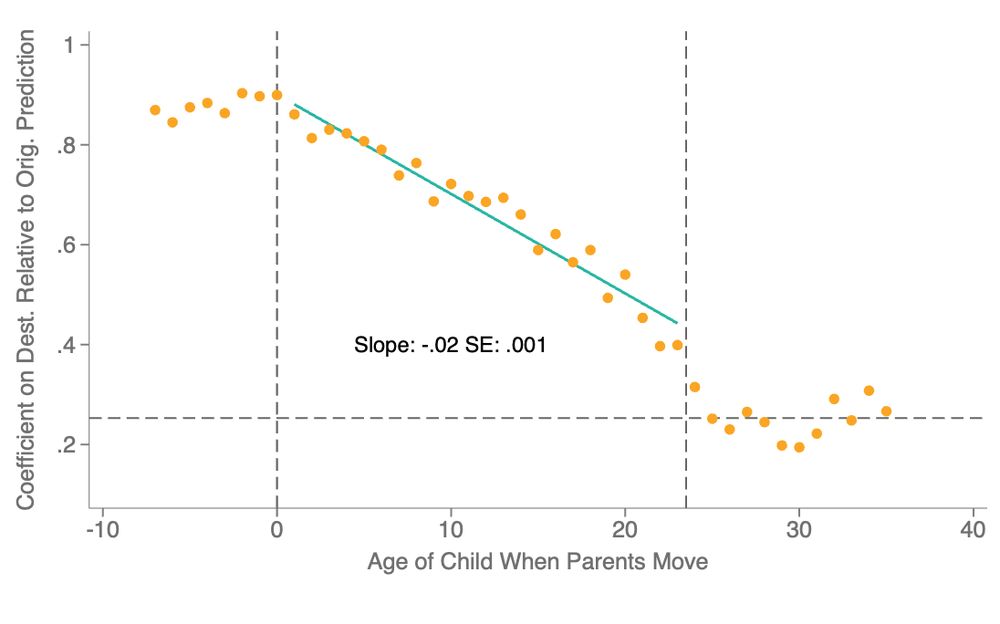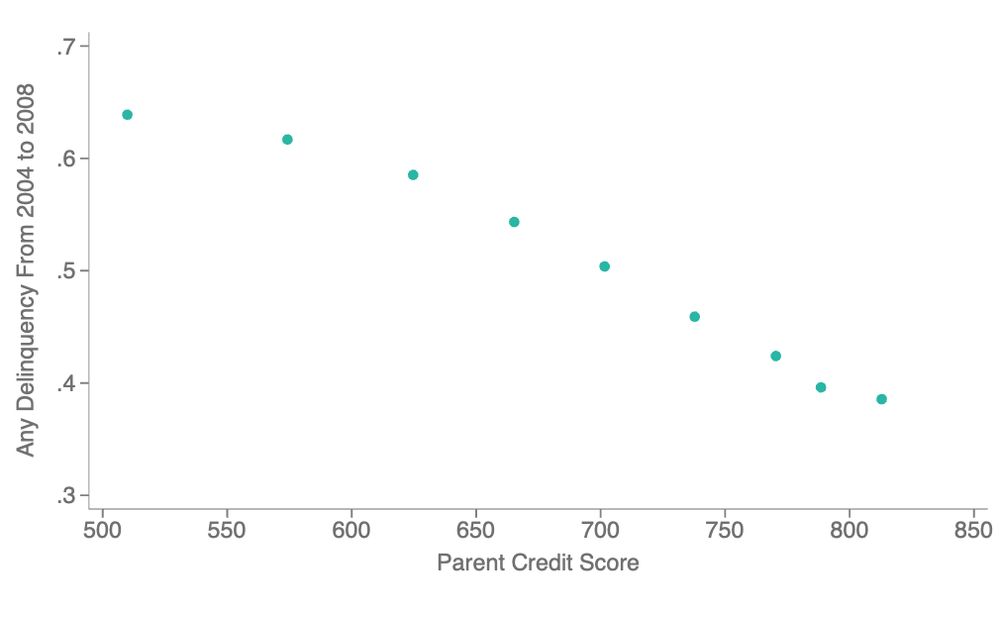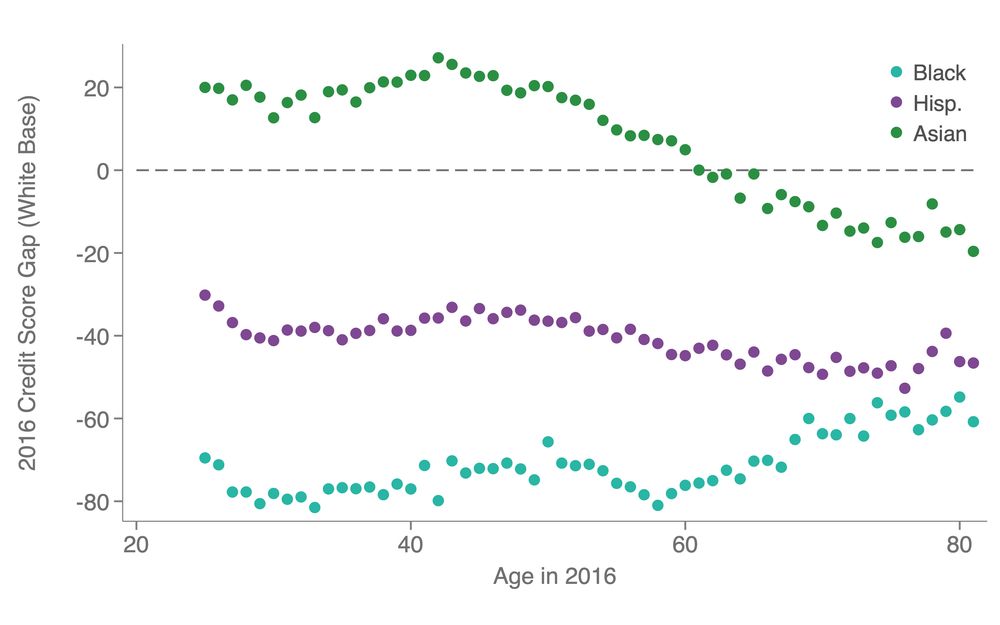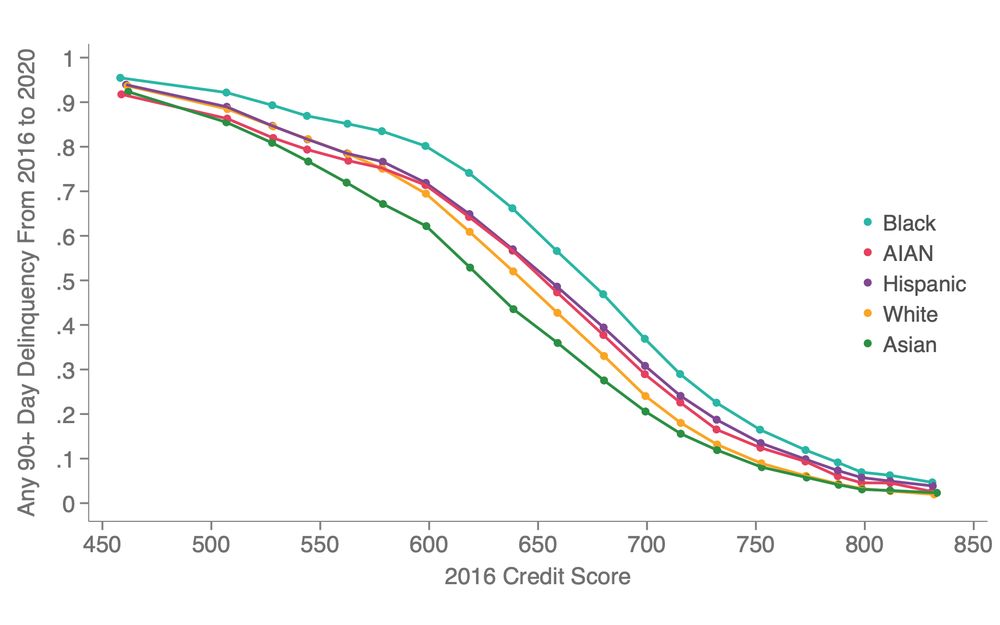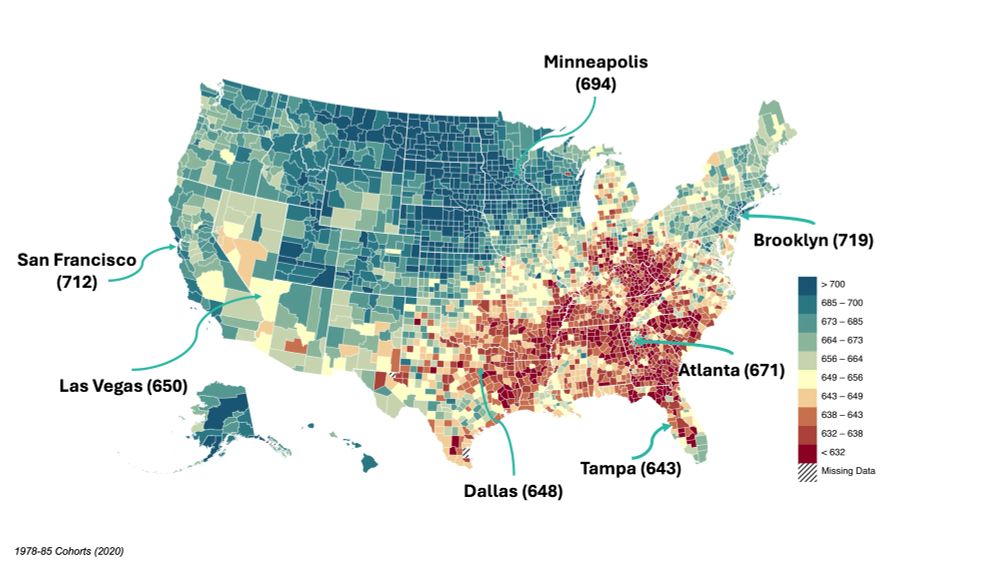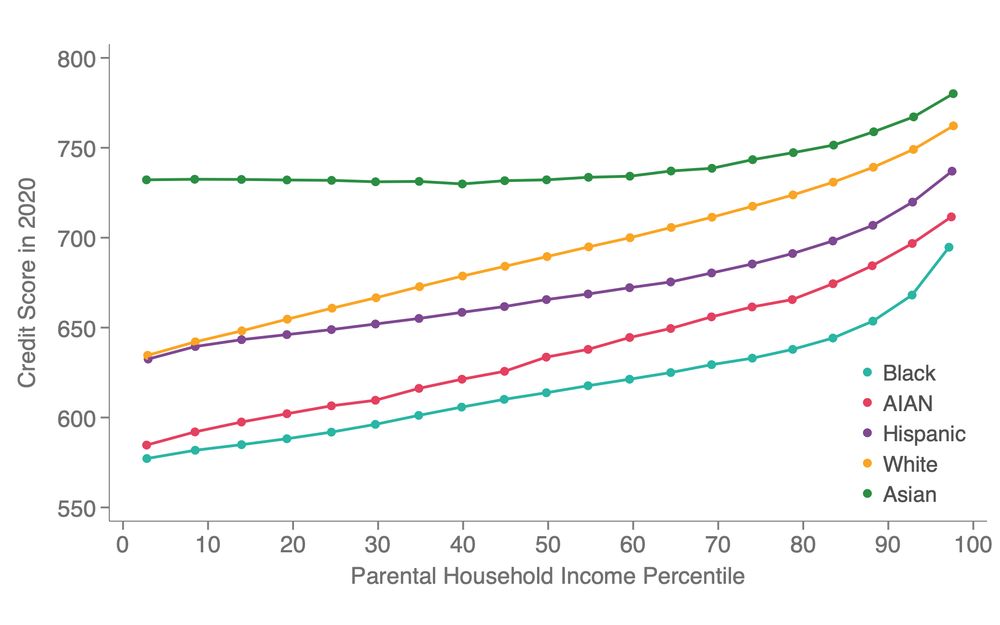Dan Herbst
@danherbst.bsky.social
360 followers
920 following
38 posts
Econ Prof at University of Arizona. Interested in labor, public, & household finance. Also a fan of dogs & motorcycles. www.danjherbst.com
Posts
Media
Videos
Starter Packs
Pinned
Dan Herbst
@danherbst.bsky.social
· Jul 17
Reposted by Dan Herbst
Dan Herbst
@danherbst.bsky.social
· Jul 18
Dan Herbst
@danherbst.bsky.social
· Jul 18
Dan Herbst
@danherbst.bsky.social
· Jul 17

NBER
The National Bureau of Economic Research (NBER) is a private, nonprofit, nonpartisan organization that facilitates cutting-edge investigation and analysis of major economic issues. It disseminates research findings to academics, public and private-sector decisionmakers, and the public by posting more than 1,200 working papers, and convening more than 120 scholarly conferences, each year.
Headquartered in Cambridge, MA, the NBER is a network of more than 1,700 economists who hold primary appointments at North American colleges and universities. These researchers are leaders in the field: 47 current or former NBER affiliates and board members have been awarded the Nobel Prize in Economics, and 13 have chaired the President’s Council of Economic Advisers.
The NBER is committed to making its content accessible to all. Address any concerns or requests for assistance to [email protected]. To request a video you are featured in be taken down, reach out to [email protected].
www.youtube.com
Dan Herbst
@danherbst.bsky.social
· Jul 17
Dan Herbst
@danherbst.bsky.social
· Jul 17
Dan Herbst
@danherbst.bsky.social
· Jul 17
Dan Herbst
@danherbst.bsky.social
· Jul 17
Dan Herbst
@danherbst.bsky.social
· Jul 17
Dan Herbst
@danherbst.bsky.social
· Jul 17
Dan Herbst
@danherbst.bsky.social
· Jul 17
Dan Herbst
@danherbst.bsky.social
· Jul 17
Dan Herbst
@danherbst.bsky.social
· Dec 12
Dan Herbst
@danherbst.bsky.social
· Dec 12
Dan Herbst
@danherbst.bsky.social
· Dec 12
Dan Herbst
@danherbst.bsky.social
· Dec 12
Dan Herbst
@danherbst.bsky.social
· Dec 12
Dan Herbst
@danherbst.bsky.social
· Dec 12

